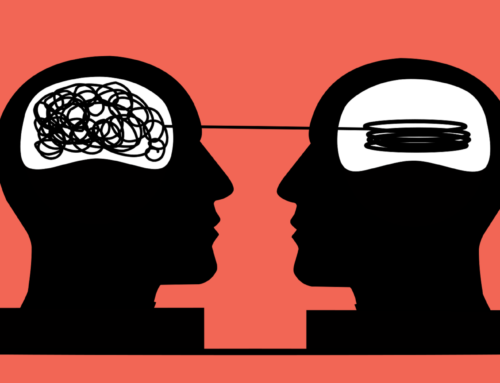People all over the world will be forming goals for the new year through the rest of December, seeking to improve themselves once the clock strikes 2017. Some of the most popular resolutions are health-oriented, including going to the gym more often and eating better, which can spell trouble for people struggling to overcome eating disorders or those who are at risk of developing one.
Someone doesn’t have to completely starve themselves or vomit up every meal in order to have a serious eating problem. A condition called orthorexia, while not officially recognized as an eating disorder or a different category of mental illness, is marked by a fixation on healthy eating. The American Psychiatric Association describes it as a “dietary pattern in which an individual restricts intake to include only ‘healthy’ foods, such as vegetables or organic foods, but in doing so develops significant problems, such as an obsession with food and severe weight loss.” Although it can start as a simple commitment to a better lifestyle, the behavior spirals out of control. And it is developing in more and more people because of popular ideas about healthy eating.
“Veganism and clean eating have seen a surge in popularity in recent years,” the APA says. “The decisions to eat food that is closest to its natural state and/or not to eat animal products are not inherently problematic choices or cause for alarm. … It is when the need to eat ‘good’ foods becomes ‘extreme, obsessive, psychologically limiting and sometimes physically dangerous’ that it is disruptive to an otherwise healthy life.”
– Elana Glowatz
Read more: Orthorexia Warning Signs: New Year’s Resolutions Can Trigger Eating Disorders; Symptoms To Know








Leave A Comment